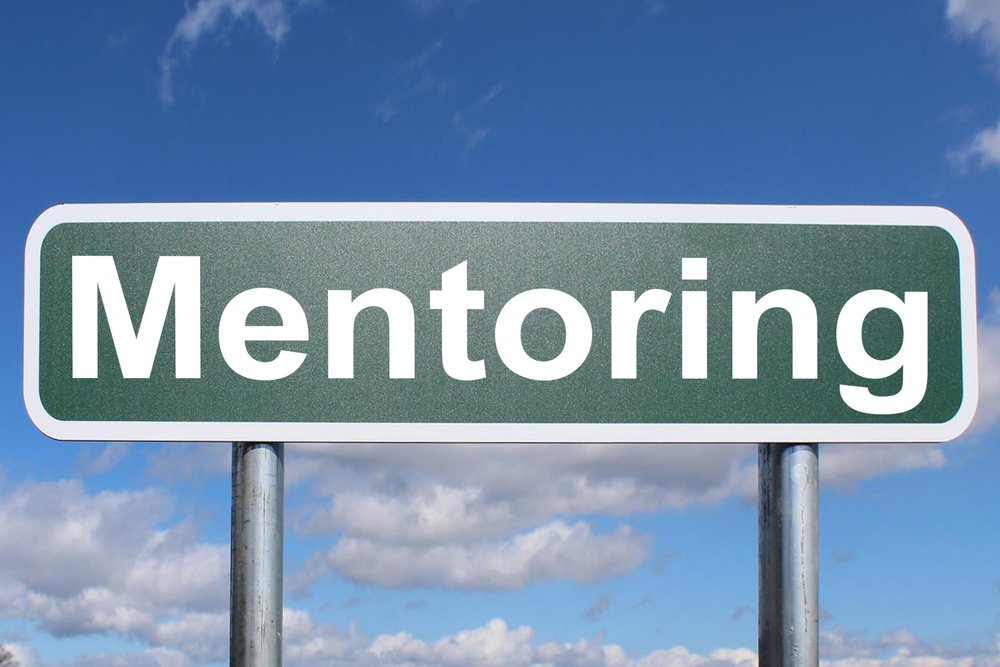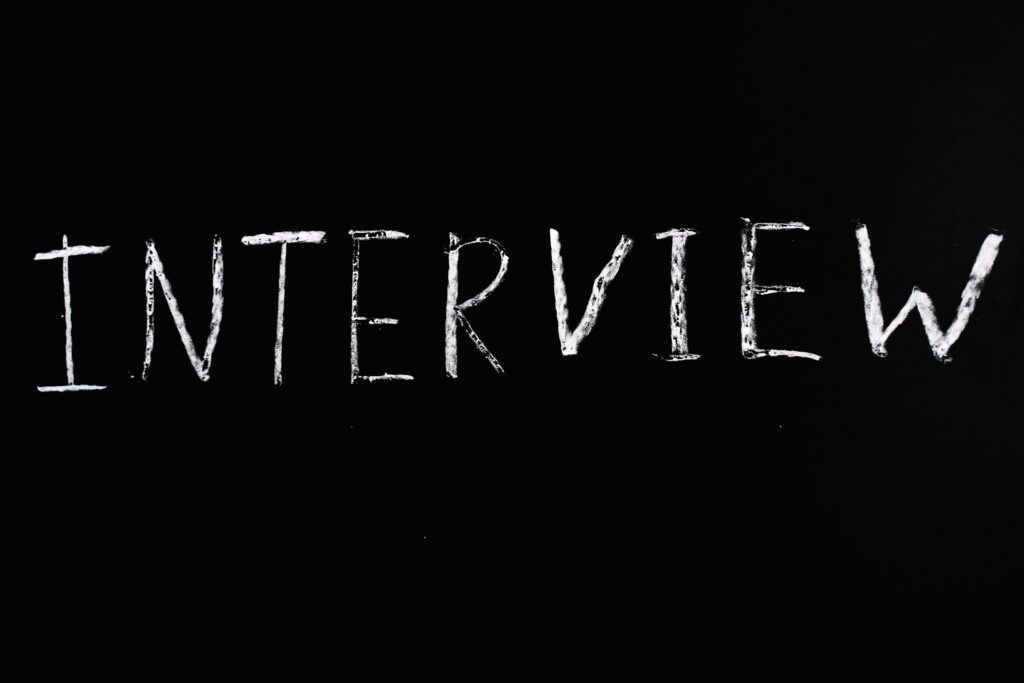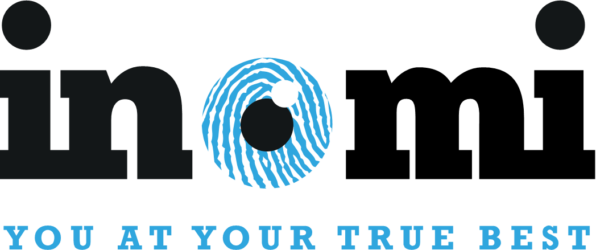
A mentor can provide valuable insights and support to make the complex application process more manageable.
You are an undergraduate degree holder. You have probably gained work experience too. You are largely independent, financially and otherwise, but want to upgrade yourself with a Master’s degree. The application is simple. You should be able to complete it easily by just writing what is in your mind, right?
Let’s explore the role of mentorship in navigating this complex journey of applying for a Master’s programme abroad. A mentor could be a college counsellor, a professor committed to going through your application in detail with you, or a senior student or friend who has applied to similar courses or destinations before. Basically, you are looking for someone who is well-versed in the requirements of various universities and programmes, and can provide valuable insights and support to make the application process more manageable.
Here are some of the key roles played by your mentor:

Building profile
Admissions teams expect to see some clear areas of focus within a student’s applications through research papers, internships and academic references that focus on a sub-topic within the subject you are applying to. Work with a mentor to plan the areas you would like to research for your thesis, and to apply for internships that align with a particular course. The ideal outcome is for you to answer a common question in the application: what aspects of the particular course you are applying to interest you and how do you plan to contribute to these?

Align goals and course requirements
Choosing courses you are targeting and aligning your profile to them requires at least a year for you to research the course and its requirements and tailor your academic and professional engagements accordingly. Some universities in the U.K. and the EU have very specific grade and even work experience requirements. Work with a mentor who can help you identify programmes, courses and universities that align with your academic and career goals, and can offer personalised advice on planning your academic and professional trajectory.

Timelines
Many documents and credentials have to be collected and aligned before you can submit your application. For instance, letter of recommendation from a professor and from someone who has seen you in a professional capacity, your transcripts and test scores. Application deadlines differ across countries and colleges. Start early and work to plan your timeline well in advance so neither you nor your recommenders go through undue stress.

Essay and resume support
Each document is critical when you pitch yourself for competitive programmes. A good one-page resume that showcases your achievements with data, specific examples, research titles and links to any published works easily takes three to four rounds of review through dispassionate eyes (read mentor). Similarly, each essay is specific to the college you are applying to and must connect your current profile with your future ambitions by referencing specific electives you want to take, professors who inspire you by their work in your area of interest, and your vision for job possibilities. So start early and work with a counsellor, professor, friend or mentor who can push you to make each essay compelling and impressive.

Interview preparation
Several universities offer alumni interviews and private Indian universities almost always have interviews. A good interview is one where you can impress the admission officer by adding to an already impressive application, describing specific achievements, talking about your academic interests and vision in detail. Preparation demands research into each college and practice in defending or supporting your claims across your application essays and resumes.

Weighing acceptances
It might seem like the easiest job in the world to choose between many applications. But you want to avoid the excitement of an initial offer — or lack of research — to push you towards a sub-optimal choice. So take many views, and speak to students already studying there. If needed, make a grid to help you weigh your choices, and then go with what your heart wants.
So, if you are ready to apply for the world’s best Master’s programmes in your area, find a mentor who can help you make your timeline, align your plans with your target courses and push you to do your best.
The writer is Founder and CEO, Inomi Learning, a Gurugram-based career and college guidance firm. info@inomi.in
The original article was first published in ‘The Hindu’ on November 19th, 2023.
With inputs from Anjana Anand, Principal Counsellor at Inomi Learning.

Richa Dwivedi Saklani is a certified coach from UCLA and is an accredited MBTI trainer who has worked with over 10,000 people across career planning and as a behavioral trainer in companies. She is the CEO & Founder of Inomi Learning and author of “The Ultimate Guide to 21st Century Careers”.
